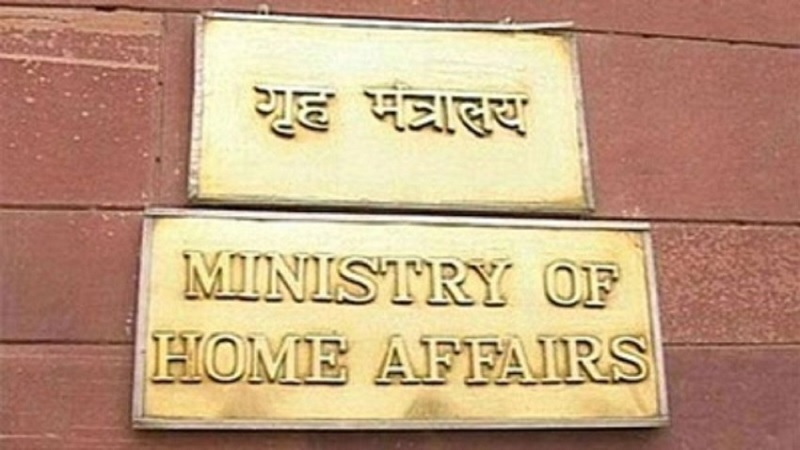 Image Courtesy:outlookindia.com
Image Courtesy:outlookindia.com
The Ministry of Home Affairs (MHA) has issued two notices concerning organisations registered under the Foreign Contribution (Regulation) Act offering some relief in wake of the Covid-19 pandemic.
The first notice deals with extension of validity of registration certificates and says, “The Ministry of Home Affairs (MHA) has extended the validity of registration certificates issued under the Foreign Contribution (Regulation) Act, 2010 which have expired or are expiring during the period between 29.09.2020 and 30.09.2021. The validity for the above-mentioned registration certificates has now been extended up to 30.09.2021” The MHA says that “this has been decided keeping in view exigencies arising out of the COVID-19 situation and to ensure smooth transition to the amended FCRA regime by the FCRA NGOs.”
The second notice deals with opening of bank accounts by registered entities. It says, “The Ministry of Home Affairs (MHA) has permitted existing Foreign Contribution (Regulation) Act (FCRA) account holders to open their “FCRA Account” in the New Delhi Main Branch (NDMB) of the State Bank of India (SBI), 11 Sansad Marg, New Delhi – 110001 up to 30.06.2021. After that date they shall not be eligible to receive foreign contribution in any account other than the “FCRA Account” opened in the NDMB.”
It added, “Existing FCRA Account Holders were earlier given time till 31.03.2021 to open their FCRA account in the NDMB under the amended Section 17(1) of the FCRA, 2010. The amended section had come into effect on September 29, 2020.” The extension in time was once again granted “in view of the exigencies arising out of the COVID-19 situation”.
While the notices do not specifically apply to NGOs engaged in Covid relief, the timing of the notices is interesting given how it comes when the Delhi High Court is hearing a plea seeking exemptions for receiving foreign contributions in the form of life-saving equipment to be used for Covid affected people. The petition prayed for relaxing the “stringent and time-consuming preconditions” for receiving foreign contributions in the form of donations in public interest and in line with Section 50 of the FCRA.
LiveLaw quoted the petition as saying, “That Section 11 of the Act 2010 as it stands today prohibits the acceptance of foreign contribution unless a certificate of registration is obtained under sec 11(2). Section 7 of the Act expressly prohibits transfer of foreign contribution to another person. Thus, majority of NGOs who are out at the grass root level are unable to distribute this lifesaving equipment to the patients.”
It further prayed, “That it is the respectful submission of the Petitioner that the UOI can exempt the COVID related products like oxygen concentrator and lifesaving equipment from the definition of articles coming under the definition of foreign contribution for a limited period of 3-6 months so as to enable free flow of these equipment to India at this time of pandemic.”
Thus, FCRA registered NGOs that have ventured into Covid relief work, but face impending expiry of registration or haven’t opened bank accounts in accordance with the 2020 amendment, are the ones that will benefit most from the MHA’s recent decision.
But, at the same time, one must not forget how the 2020 amendment has been seen by many NGOs and Human Rights Defenders as a means to bring about greater surveillance of funding and activities of NGOs, especially those engaged in work that exposes the apathy, ineptitude or wrong-doings of public officials and the State machinery. Given how spectacularly the government has failed in controlling the spread of the Coronavirus, especially its deadlier second surge, and how grassroots NGOs have played a key role in exposing this, granting them temporary relief under FCRA could well be a means to bring their activities under the scanner and then punish them.
Accusing NGOs of money laundering and using that as grounds for cancelling FCRA license and freezing bank accounts has been one of the standard operating procedures of a vindictive regime that has been mercilessly crushing dissenting voices and targeting human rights defenders. Lawyers Collective and Amnesty (India) are only two recent victims of the regime while Sabrang Trust and Citizens for Justice and Peace (cjp.org.in ) were the first targets.
Related:
Amnesty International targeted once again, this time by CBI
Lawyers Collective rebuts CBI’s allegations